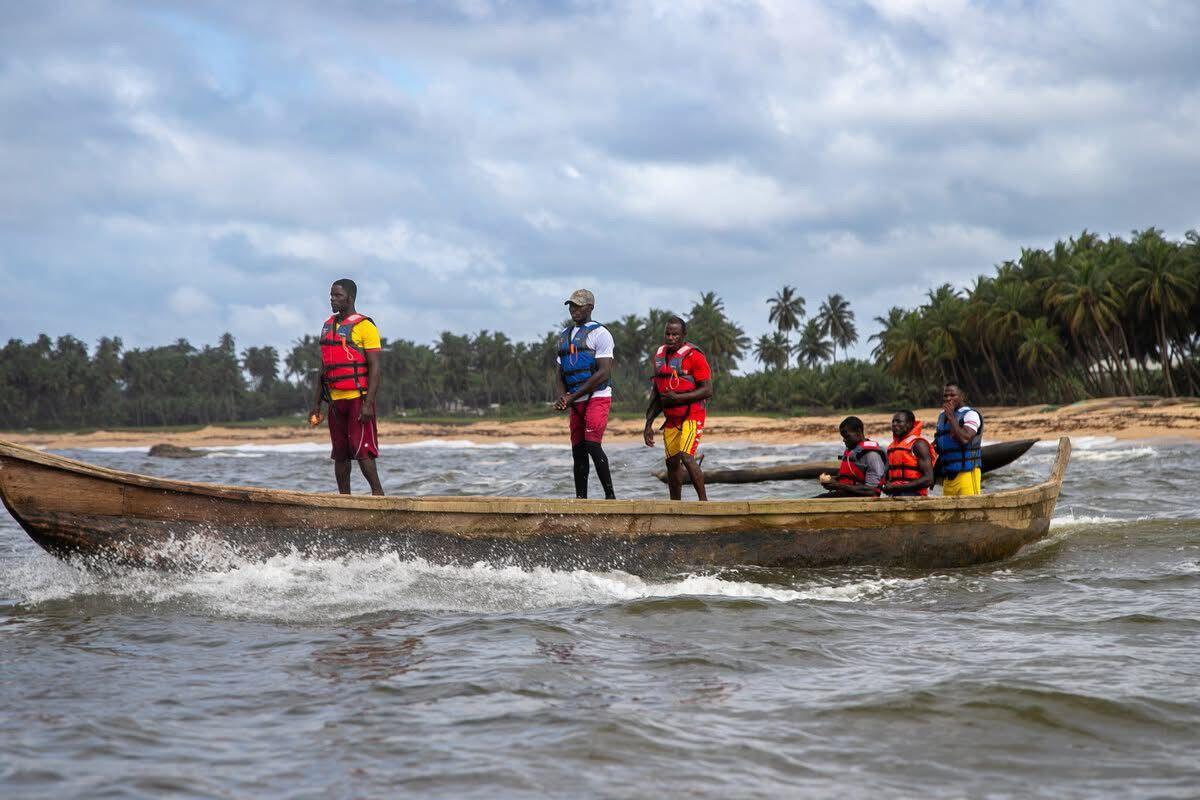Africa-Press – Liberia. A new report from the Environmental Justice Foundation (EJF) has revealed key gaps in Liberia’s fisheries transparency regime, while welcoming the country’s recent major commitments to reform. According to EJF, the report provides a clear, constructive roadmap for the National Fisheries and Aquaculture Authority (NaFAA) to introduce transparency that will protect the ocean, strengthen food security and secure the future of Liberia’s coastal communities.
Liberia’s fisheries support more than 75,000 jobs, with fish providing the primary source of protein for 80% of the population. But this vital sector remains under threat from illegal, unreported and unregulated (IUU) fishing. Transparency is a low- or no-cost, high-impact solution, EJF said.
Liberia endorsed the Global Charter for Fisheries Transparency in 2025 and reaffirmed its support at the UN Ocean Conference in Nice this year. The new report evaluates Liberia’s progress in implementing the Charter’s ten principles, which cover vessel transparency, fishing activity and governance. Liberia has fully implemented two of the ten, partially implemented seven, and has not yet implemented one.
According to EJF, this shows important progress, but also areas for improvement. Most notably, Liberia has not yet prohibited the use of flags of convenience, a tool used by some fishing vessels to conceal their true ownership and evade oversight by registering as Liberian vessels.
EJF also found that beneficial ownership information – who really profits from a given vessel’s activities – is often not yet collected or disclosed, and is never made public. This is despite the government’s clear recent commitments to take action in this area.
The report highlights that key information, such as cases where vessels have broken Liberian law or details of the working conditions for crew on board fishing vessels, remains inaccessible to the public, and recommends stronger traceability systems to ensure fish can be tracked from boat to plate.
However, the report also points to significant improvements. Liberia’s strong monitoring of transhipments and requirement for all industrial vessels to operate tracking systems were both highlighted as best practices. NaFAA’s support for collaborative management associations in six coastal counties is also helping to ensure community voices are included in fisheries decision-making.
“Liberia is already leading by example in West Africa through its public commitment to transparency,” said Cephas Asare, EJF West Africa Regional Manager. “This report is designed to support NaFAA and other institutions to target their next steps effectively, based on international best practice.”
Steve Trent, EJF CEO and Founder, said: “These reforms are entirely practical, but more than that, they are essential to ensure Liberia’s fisheries remain a source of food and income for generations to come. Liberia can make lasting, powerful progress towards sustainable, legal and ethical fisheries by fully implementing every principle of the Global Charter for Fisheries Transparency.”
The report recommends several key reforms, including making International Maritime Organization (IMO) numbers a requirement for vessel registration, publicly disclosing beneficial ownership information, and ratifying international agreements such as the Cape Town Agreement on fishing safety and ILO Convention 188 on decent work in fisheries.
For More News And Analysis About Liberia Follow Africa-Press






